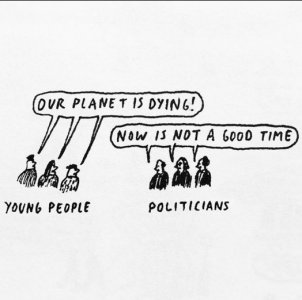Jamala
Senior Member
- Location
- Butterfly from Herts/UK
Planet earth is good for another 1.5 billion years approximately... so the scientists presume. Humans on the other hand… well… there is no doubt we will self destruct. However before we do that an off offshoot of humanity called Artificial Intelligence will push us to one side and make life quite uncomfortable.
Earth needs the sun in order to survive…however… one day the sun will give up the ghost. We will not be here to see it though, we will have long disappeared and a new life form will take over.
I had a dream, which was not all a dream
The bright sun was extinguish’d, and the stars
Did wander darkling in the eternal space
Rayless, and pathless, and the icy earth
Swung blind and blackening in the moonless air
( From the poem Darkness by Lord Byron)
Earth needs the sun in order to survive…however… one day the sun will give up the ghost. We will not be here to see it though, we will have long disappeared and a new life form will take over.
I had a dream, which was not all a dream
The bright sun was extinguish’d, and the stars
Did wander darkling in the eternal space
Rayless, and pathless, and the icy earth
Swung blind and blackening in the moonless air
( From the poem Darkness by Lord Byron)


